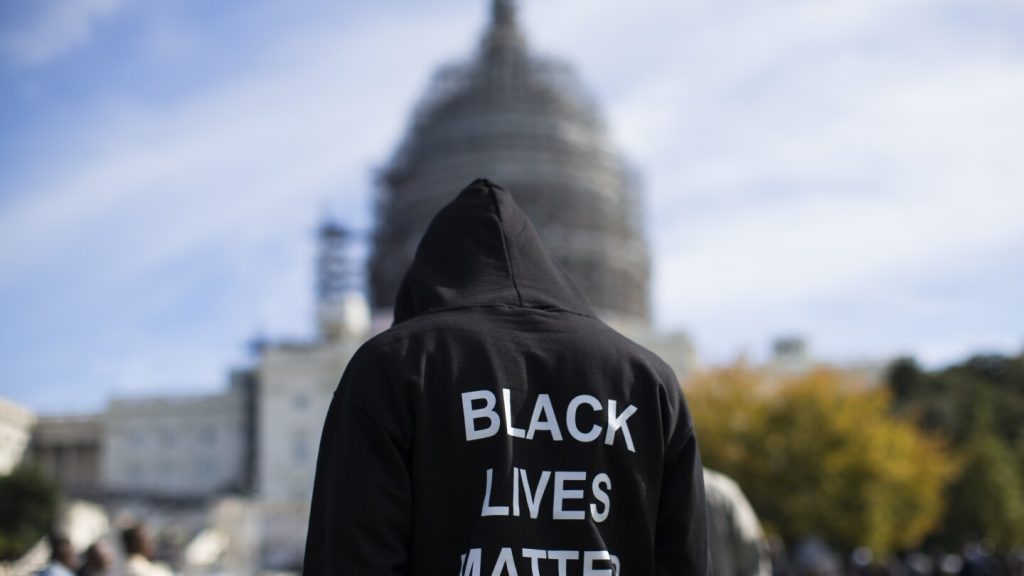In a decade marked by the Black Lives Matter movement, activists have made significant strides in pushing for racial justice reforms at the local and state levels. People like Cori Bush, who went from leading the movement to becoming a congresswoman, have brought attention to issues like police violence and economic discrimination. At least 30 states and Washington, D.C., have enacted laws to curb abusive conduct, but despite these achievements, many activists and elected officials feel that landmark reforms are still elusive.
The death of Michael Brown in Ferguson, Missouri, ten years ago was a pivotal moment in the racial justice movement, sparking calls for systemic reforms. Activists like Bush have transitioned from grassroots organizing to running for political office, leading to significant changes in legislation and policies. Local initiatives to address policing reforms, dismantling prisons, and eliminating hair discrimination have been passed, showcasing the impact that activists have had on the political landscape.
The new generation of Black activists, empowered by social media and a heightened awareness of racial injustices, has pushed public safety and racial justice to the forefront of American politics. Reforms such as widespread use of police body cameras and bans on tactics like chokeholds have been implemented in response to demands for change. The movement has also influenced how communities approach issues of police reform and misconduct, with over 150 reforms passing in localities and states across the country.
While progress has been made in advancing racial justice reforms, challenges still remain. Lawmakers in Washington initially viewed the Black Lives Matter movement with skepticism, but the movement’s persistence and visibility have reshaped the national conversation on policing. Despite pushback from some politicians and factions, the movement has continued to advocate for transformative policies that address systemic racial bias in law enforcement and criminal justice systems.
The murder of George Floyd in 2020 reignited the racial justice movement, leading to widespread protests and demands for comprehensive reforms. While legislative efforts like the George Floyd Justice In Policing Act have been introduced, the Senate has failed to reach a consensus on enacting sweeping changes. The movement’s impact on American politics has been significant, with activists like Ella Jones and Wesley Bell transitioning from protest leaders to political figures advocating for reforms at the local level.
As the movement for racial justice continues to evolve, activists are emphasizing the importance of being at the table where policy decisions are made. Leaders like Cori Bush highlight the need for continued advocacy, both within and outside of Congress, to bring about meaningful change. Despite the challenges ahead, the legacy of the Black Lives Matter movement and the impact of activists across the country have reshaped the political landscape and pushed for greater accountability and justice for marginalized communities.


